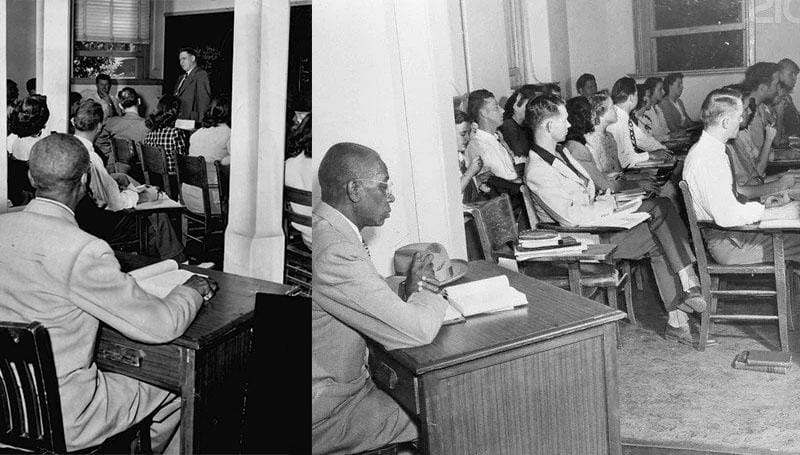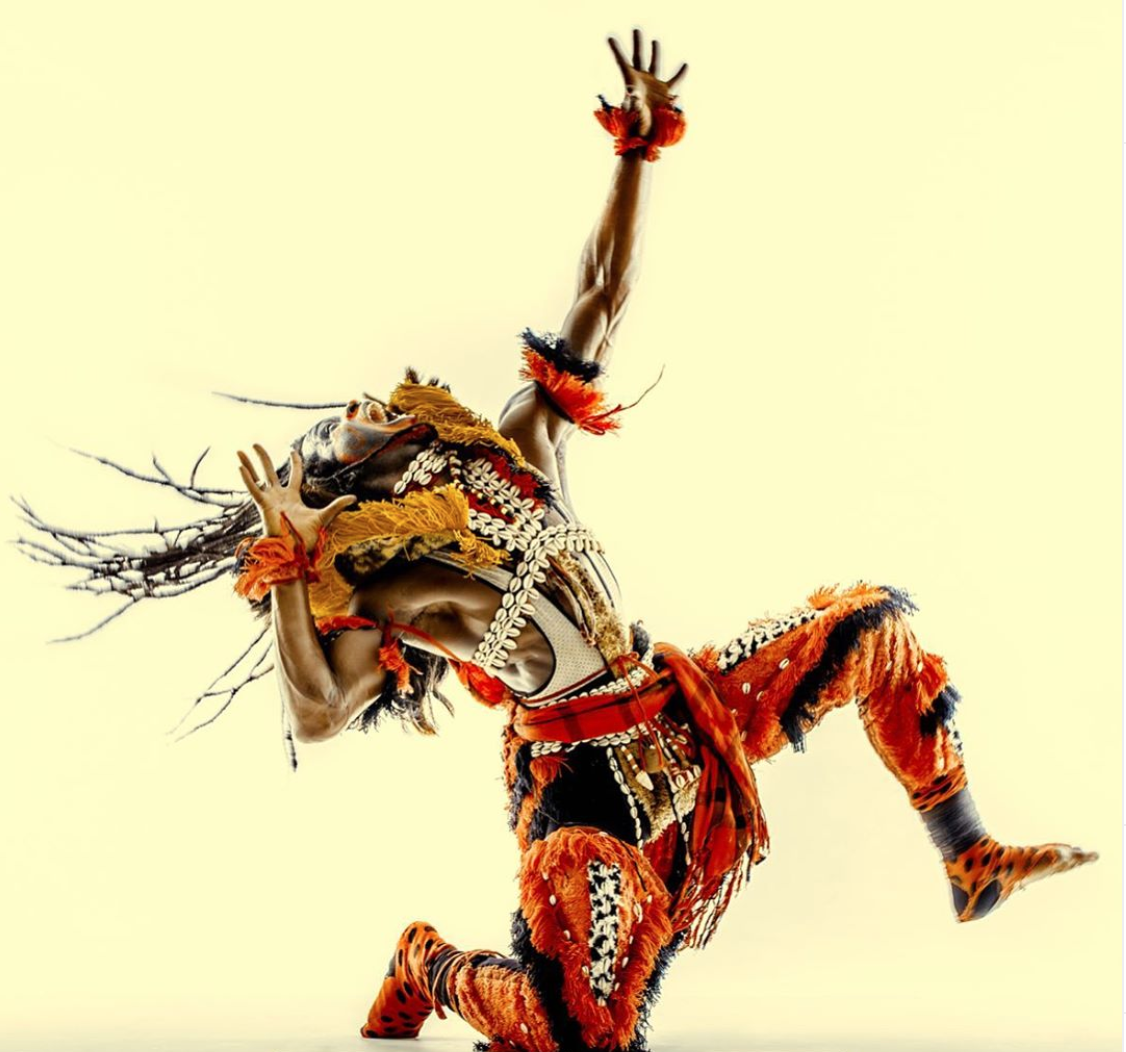Africa needs to harness its rich cultural and linguistic diversity to drive its development. EPA/Legnan Koula
Many people in Africa believe that “development” is essentially about embracing a European or North American way of reading and interpreting the world. More recently many have taken an equally unhelpful path of glorifying Asian models. This is often referred to as the “Look East Policy”.
From these perspectives “development” is seen in purely economic terms. It’s measured on the basis of GDP, gross national product and similar indices.
But not everything about development in every society is economic. Instead, the measures of development must be seen as having multiple dimensions – among them cultural, social, linguistic and religious ones.
The late Ugandan professor Dani Wadada Nabudere reminded us that Euro-North American scientific knowledge and theorisation is unable, on its own, to explain everything. This was because of a great deal of uncertainty in the way we understand the world, as well as in the way human beings understand each other in different environments and cultural contexts.
Following on Nabudere, I propose that one of the ways by which Africa can overcome problems of underdevelopment is by using its abundant linguistic and cultural resources. This requires breaking away from perceiving development as being connected to the use of ex-colonial languages such as English, French and Portuguese.
The point is that creativity and innovation are guaranteed when they are communicated in languages that are best understood and widely used by the majority of local populations. In particular, Africa’s diverse linguistic and cultural resources hold enormous potential for creativity and innovation. There are between 2,500 and 3,000 languages spoken on the continent. These are massive resources. They can and should be the key drivers of sustainable development and social progress.
Discarding borrowed robes
No society has ever made significant and meaningful advances in development through the use of borrowed robes. There is no doubt that Africa has much to learn from Northern and Eastern models of development. But the continent stands a better chance of making major progress by not relying solely on imported models.
Rather the solution lies in a smart integration of these with homegrown, Africa-centred philosophies that are rooted in endogenous linguistic and material cultures. This will enhance the unlocking of local creative capabilities and potentials for innovation.
African local knowledge systems should become the growth engine that promotes a new dynamic evolution instead of simply imitating Western or Eastern models of development and social progress.
This article is a significantly condensed version of the author’s recent paper Southern Development Discourse for Southern Africa: Linguistic and Cultural Imperatives published in the Journal of Multicultural Discourses.
Finex Ndhlovu
Associate Professor of Language in Society, University of New England




